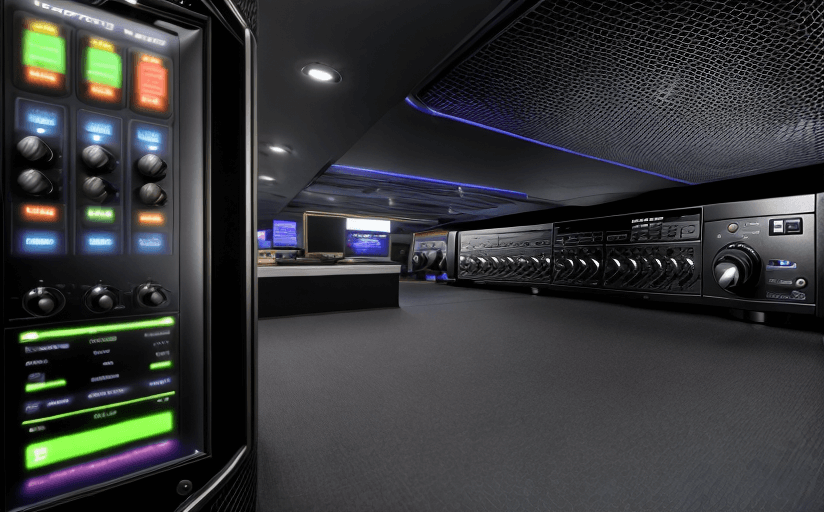Exploring How Social Media Has Changed the Way Music is Marketed and Consumed
In the past decade, the way music is marketed and consumed has changed drastically due to the rise of social media and digital media. Music is no longer just about buying physical albums or attending live shows, it is now about creating an entire experience for fans through digital platforms. This evolution has created new opportunities for both major labels and independent artists to reach their audiences and promote their music in ways that were not possible before. In this article, we will explore the differences between traditional methods of releasing and promoting music and the new opportunities presented by digital media, the implications of this evolution for the music industry as a whole, and the effect on the way people experience music.
Traditional Music Marketing vs. Digital Music Marketing
Traditionally, music was marketed through physical albums, radio, television, and live shows. These methods were effective, but they were limited in terms of reach and audience engagement. With the advent of digital media, artists and labels are now able to reach a much larger audience with much less effort. Social media platforms such as Facebook, Twitter, and Instagram allow artists to directly interact with their fans, creating a more personal connection with their audience. Additionally, streaming services such as Spotify, Apple Music, and YouTube allow artists to easily distribute their music to millions of listeners around the world.
Implications for the Music Industry
The rise of digital media has had a profound effect on the music industry. Major labels have had to adapt to the changing landscape by investing in digital marketing strategies and embracing streaming services. Independent artists have also benefited from the rise of digital media, as they are now able to reach a much larger audience with much less overhead. Additionally, the shift to digital has allowed artists to bypass the traditional music industry and gain more control over their own music and how it is marketed and distributed.
The Impact on Music Consumption
The rise of digital media has also had a major impact on the way people consume music. Streaming services have allowed people to access an almost unlimited amount of music, allowing them to discover new artists and genres. Additionally, social media has allowed fans to connect with their favorite artists in ways that were not possible before, creating a more intimate and personal relationship between artist and fan. Finally, digital media has enabled fans to become more involved in the music they love, whether it be creating playlists, commenting on songs, or even creating their own remixes.
Conclusion
Digital media has had a profound effect on the music industry, from major labels to independent artists. The shift from traditional methods of releasing and promoting music to digital platforms has opened up new opportunities for both artists and labels, and has enabled fans to experience music in new and exciting ways. Digital media has revolutionized the way music is marketed and consumed, and it is clear that this evolution is here to stay.



















Comments
Leave a Comment